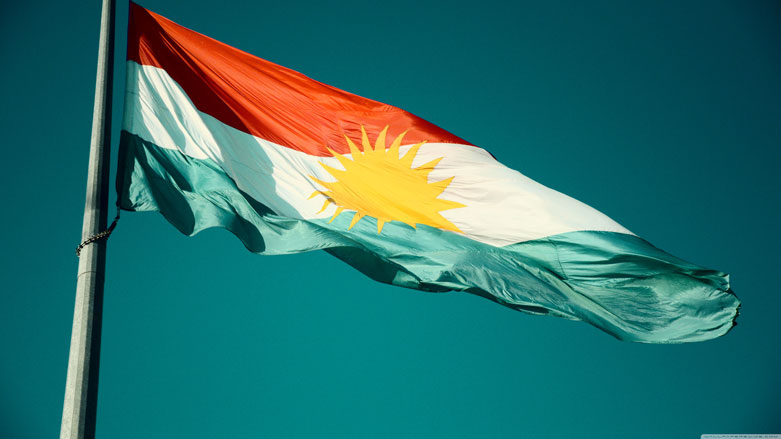Microsoft adds two Kurdish dialects to Microsoft Translator
Last week, Microsoft added two Kurdish dialects to Microsoft Translator, another sign of more online recognition for the Kurdish language that has been repressed by states in the region.

ERBIL (Kurdistan 24) – Last week, Microsoft added two Kurdish dialects to Microsoft Translator, another sign of more online recognition for the Kurdish language that has been repressed by states in the region.
“Microsoft Translator adds two Kurdish dialects, Northern (Kurmanji) and Central (Sorani), to its list of text translation languages. Northern and Central Kurdish are available now or will be available soon, in the Microsoft Translator app, Office, and Translator for Bing,” Microsoft Translator said on Thursday.
Moreover, users can also use Azure Cognitive Services Translator for applications, websites, and tools to add Northern and Central Kurdish text translation to or from over 70 languages, Microsoft said.
According to the Microsoft News Centre, it is “a significant development for the Microsoft Translator offering in the Middle East and Africa (MEA) as it opens the platform to millions of more speakers across the region.”
“Northern (Kurmanji) and Central Kurdish (Sorani) account for 75 percent of all Kurdish speakers, spoken by between 15 and 17 million and nine and 12 million people respectively,” it added.
In 2016, Google announced it had added Kurmanji Kurdish to its translation service, alongside 12 other languages.
Kurmanji is the most widely spoken Kurdish dialect across the Greater Kurdistan and the only one that has speakers in all four parts of the Kurdish homeland in Iran, Iraq, Turkey, and Syria, respectively.
Read More: Google can now translate in Kurdish
Google is yet to offer Sorani Kurdish, predominantly spoken in southern parts of the Kurdistan Region and Iranian Kurdistan (Rojhilat).
Facebook recently offered Sorani Kurdish translation, but so far, it is not possible to translate Facebook posts from Kurmanji to other languages.
Dr. Haidar Khezri, Assistant Professor in the Department of Modern Languages and Literatures at the University of Central Florida, told Kurdistan 24 on Monday that there is no doubt that “technologies like this will have a massive impact on the language and the language learning for better and worse.”
“On one hand, technologies like this might eradicate the need to learn the language, simply because real-time translations and more data mean less need for human intervention,” Dr. Khezri said.
“On the other hand, such technologies do not only facilitate language learning, but it still leaves a place for human-centric skills, particularly when we put into consideration that the cultural and human aspects of language are considered irreplaceable.”
“Since Kurdish is a less commonly taught language and less standardized compared to other major languages of the region, I expect some specific linguistic challenges that could be handled by having a group of Kurdish language scholars and Kurdish scholars who are familiar with English.”
Dr. David Romano, an expert in Kurdish history and politics at Missouri State University (MSU), whose university recently offered a new, beginner’s course in the Sorani dialect of the Kurdish language, said it is a welcome development.
“This comes as welcome news for an often repressed and denied language group,” he told Kurdistan 24 on Sunday. “Microsoft’s translation software will help even more people learn Kurdish, since, in the case of the Sorani dialect, in particular, we lack good English-Sorani dictionaries even.”
Read more: Missouri State expands Kurdish studies program
Editing by Karzan Sulaivany